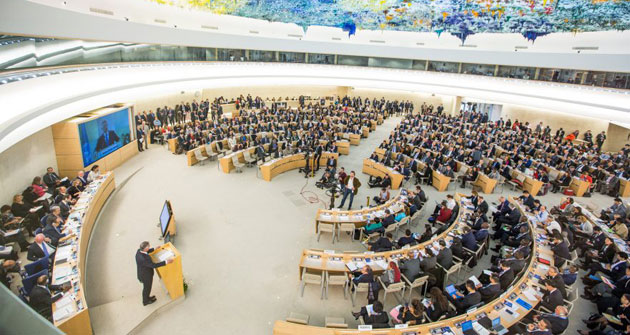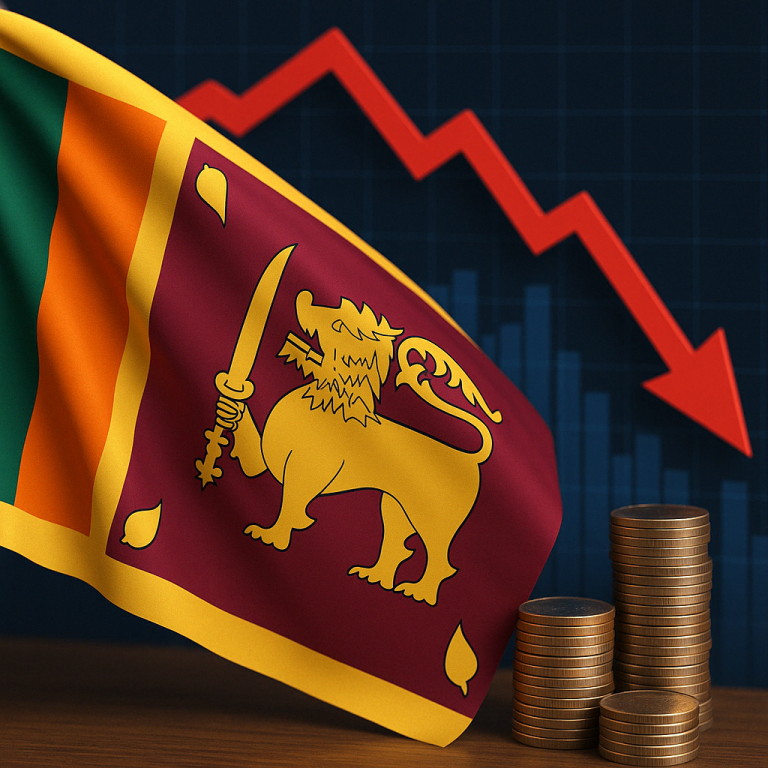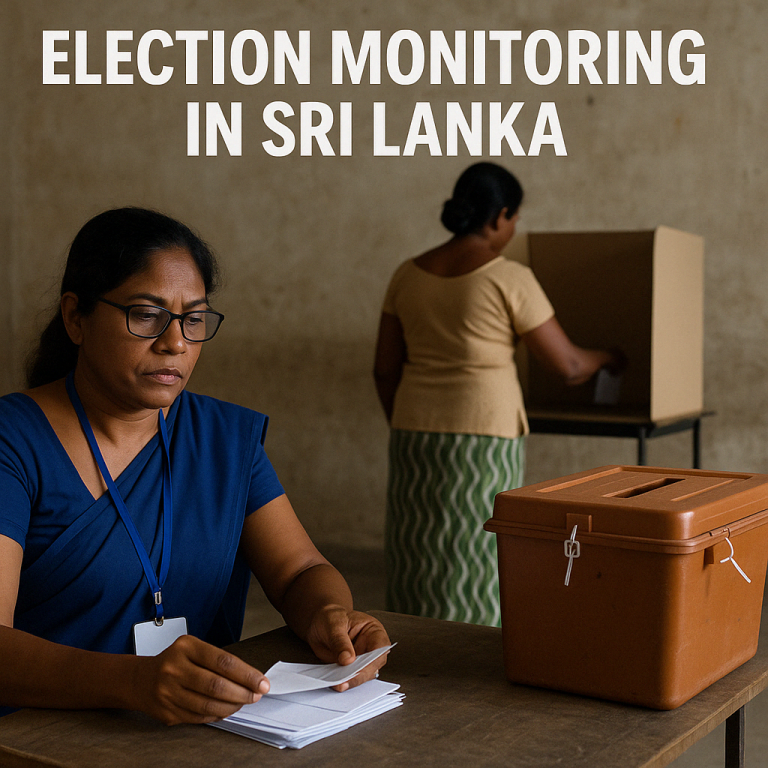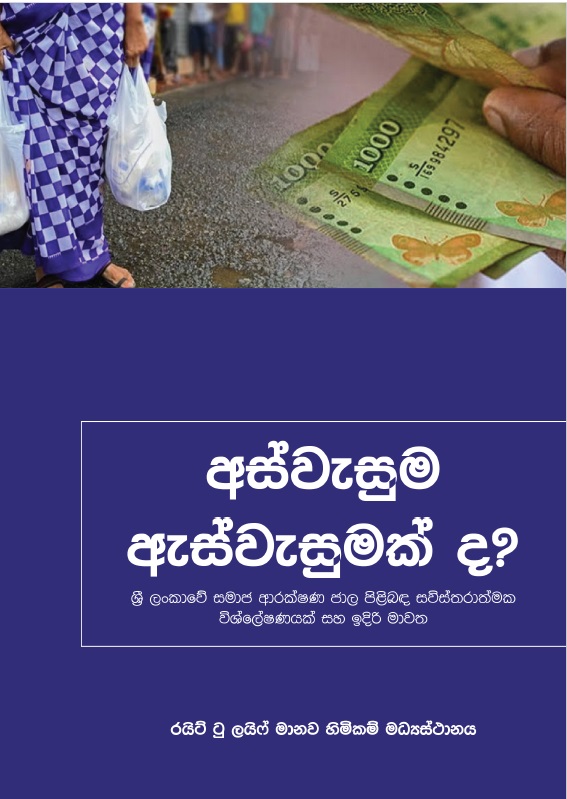The United Nations Human Rights Council (UNHRC) commenced its 18th cycle with the election of Morocco’s esteemed representative, Mr. Omar Zniber, as the President for the year 2024. Established in March 2006, the UNHRC succeeded the UN Commission on Human Rights (UNCHR), marking a significant milestone in the global pursuit of human rights advocacy.
Scheduled Regular Sessions:
The UNHRC’s agenda for 2024 includes three regular sessions:
55th Session: February 26th to April 5th
56th Session: June 18th to July 12th
57th Session: September 9th to October 9th
Membership Overview:
With a total of 47 member countries representing diverse regions, the UNHRC’s composition for 2024 is as follows:
African States (13) – Algeria (2025), Benin (2024), Burundi (2026), Cameroon(2024), Côte d’Ivoire (2026), Eritrea (2024), Gambia(2024), Ghana (2026), Malawi (2026), Morocco (2025), Somalia (2024), South Africa (2025)and Sudan (2025)
Asia-Pacific States (13) – Bangladesh (2025), China (2026), India (2024), Indonesia (2026), Japan (2026), Kazakhstan (2024), Kuwait (2026), Kyrgyzstan (2025), Malaysia (2024), Maldives (2025), Qatar (2024), United Arab Emirates (2024)and Viet Nam (2025)
Latin American & Caribbean States (8) – Argentina (2024), Brazil (2026), Chile (2025), Costa Rica (2025), Cuba (2026), Dominican Republic (2026), Honduras (2024) and Paraguay (2024)
Western Europe & Other States (7) – Belgium (2025), Finland (2024), France (2026), Germany (2025), Luxembourg (2024), Netherlands (Kingdom of the) (2026) and USA (2024)
Eastern European States (6) – Albania (2026), Bulgaria (2026), Georgia (2025), Lithuania (2024), Montenegro (2024) and Romania(2025)
Noteworthy Membership:
Among the member states, Sri Lanka’s trajectory in the UNHRC garners attention amid internal and external developments. As the council emphasizes the importance of accountability and human rights protection, Sri Lanka’s compliance with previous resolutions remains a focal point for discussion.
Sri Lanka’s Political Landscape:
Operative paragraphs 2, 7 & 9 of the last resolution, of 12 October 2022 (A/HRC/RES/51/1) underscore the critical importance of accountability and transparency in addressing human rights violations in Sri Lanka. They emphasize the urgent need for Sri Lanka to implement recommendations from international bodies, ensure the establishment of independent mechanisms for investigations, and enhance monitoring and reporting on human rights issues. These directives reflect the UNHRC’s commitment to promoting justice and accountability, particularly in regions grappling with persistent human rights challenges. As Sri Lanka’s compliance with these directives comes under scrutiny, the international community awaits substantive progress towards reconciliation and accountability, with expectations high for meaningful discussions and actions during the upcoming sessions of the UNHRC.
Amid Sri Lanka’s economic and political challenges, dynamics within the UNHRC reflect broader geopolitical shifts. With evolving alliances and diplomatic maneuvers, Sri Lanka’s trajectory hints at strategic engagements with global powers, shaping its international relations.
As the UNHRC convenes its 57th session, the world awaits decisive actions and resolutions, underscoring the council’s pivotal role in advancing human rights and accountability on the global stage.







